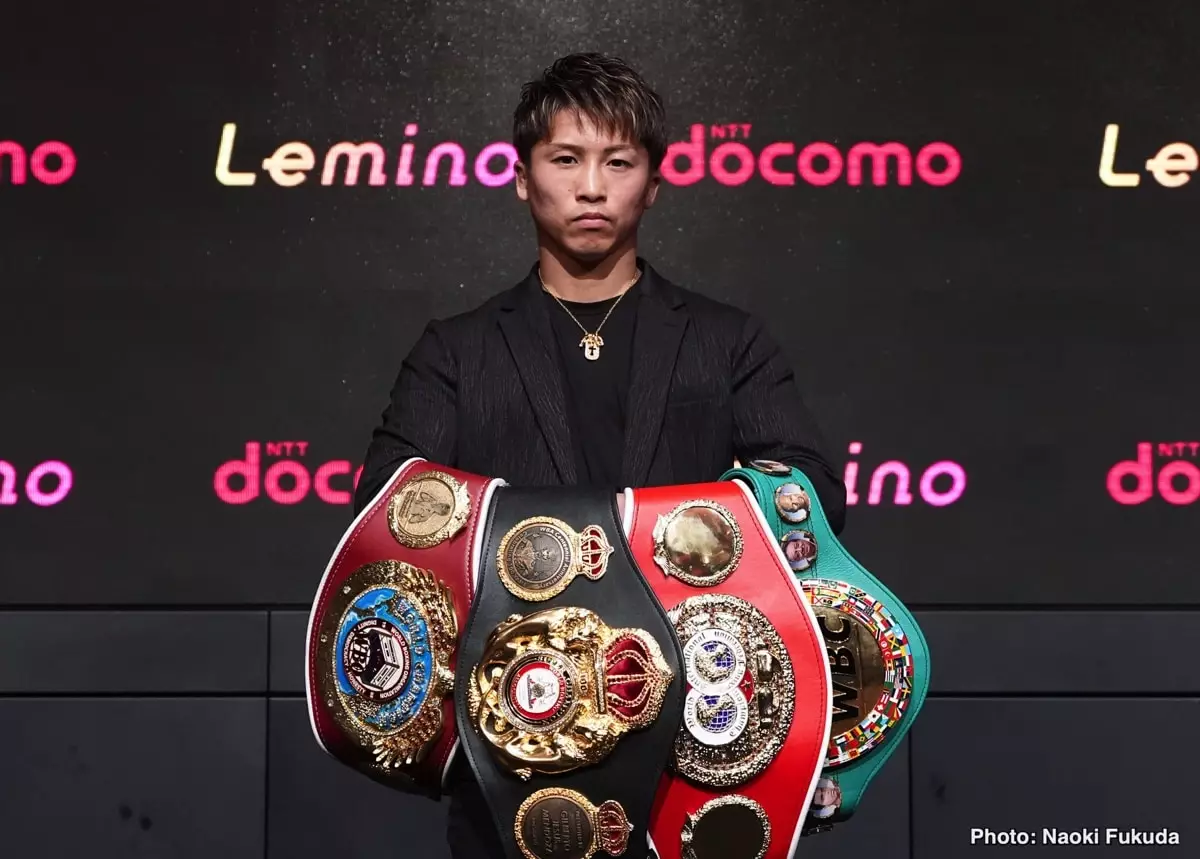Naoya Inoue’s prowess in the ring has earned him the moniker “The Monster,” a fitting title for one of boxing’s most electrifying champions. His reign as the unified super-bantamweight champion has garnered him a massive fanbase in Japan, where his fights frequently draw sold-out crowds of approximately 50,000 raucous fans. This adoration speaks volumes about his skill and charisma; however, it starkly contrasts with the dismal ticket sales reported for his upcoming bout in Las Vegas against Ramon Cardenas. This juxtaposition raises important questions about Inoue’s appeal outside his homeland and the broader implications for boxing as a global sport.
Las Vegas: The Home of Boxing or an Uninterested Audience?
Las Vegas is often regarded as the mecca of boxing, where powerhouse events and iconic fighters converge. Yet, the grim reports concerning ticket sales for Inoue’s May 4 fight have cast a shadow over this perception. Promoter Rick Glaser’s revelation that tickets are “totally dead” raises eyebrows and suggests deeper issues at play. Is it simply a lack of interest in Inoue’s opponent, or is the American boxing audience unresponsive to a formidable champion whose skills eclipse many of his contemporaries?
The fight against Ramon Cardenas may not generate the excitement one might expect for such a high-stakes event. While Cardenas boasts an impressive record of 26 wins and only 1 loss, he may not possess the name recognition that compels fans to attend. The financial strain many face in today’s economy could also deter potential attendees, with ticket prices rising to levels that keep average fans at bay.
The Cultural Divide in Boxing
There is a palpable cultural divide when it comes to boxing stardom in Japan versus America. Inoue’s popularity is indicative of the strong boxing culture in Japan, where he has become a national hero. This heroism, however, has yet to translate into the U.S. market. Inoue has traditionally opted to fight on home turf, and given the current circumstances, it’s no wonder why he might prefer this arrangement. The notion that a fighter of his caliber could perform in an almost empty arena in Las Vegas is a disheartening thought, one that forces a reevaluation of how boxing champions are marketed internationally.
The Promoter’s Role and Future Implications
Top Rank, a major player in the promotional landscape, faces scrutiny regarding its ability to promote Inoue effectively. The lackluster ticket sales and the ensuing criticism suggest that something is amiss in the promotional strategy. As boxing continues to evolve, promoters must find innovative ways to not only showcase talent like Inoue but also engage audiences who are increasingly selective in their viewing habits. The implications of failing to do so are profound—drawn fighters may retreat to their origins, potentially limiting the sport’s global reach.
In a world where champions are expected to transcend borders, Inoue’s predicament invites necessary discourse about the pathways to success in boxing—both culturally and economically. With challenges mounting, the real test will be how he—and the sport itself—charts a course toward broader acceptance and appreciation beyond the familiar confines of home.

